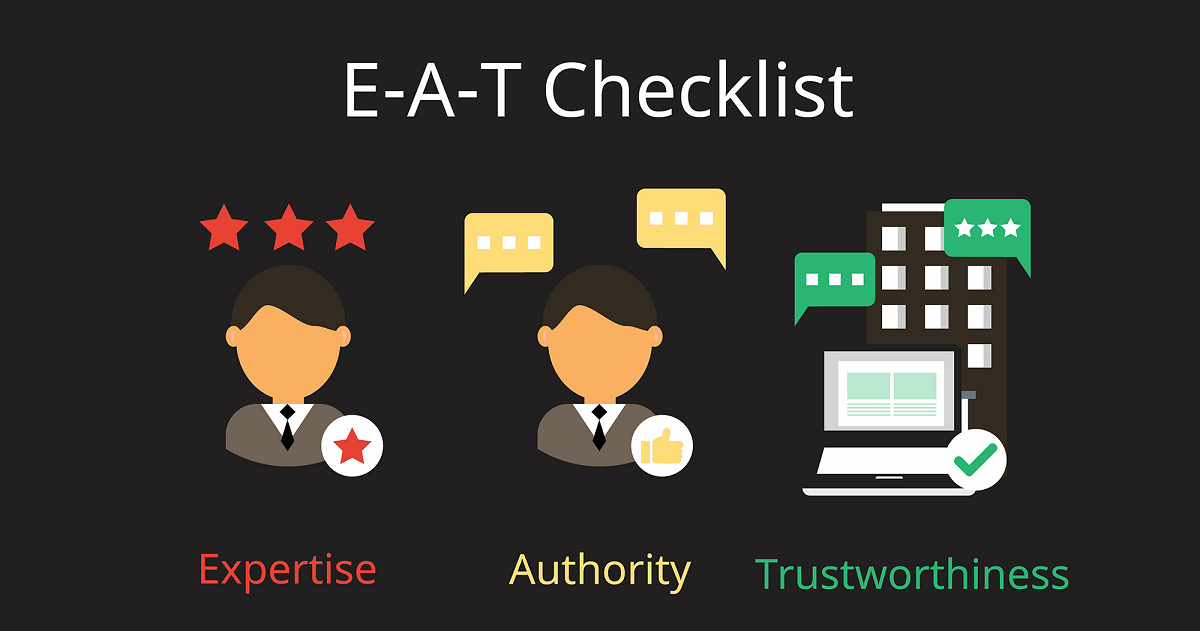BLOG
In this article, we'll talk about what every SEO strategy must include, how to narrow down your keyword research, build content clusters, and let reviews work their magic. These steps will help you create a successful strategy for your website and start generating traffic fast.
What every SEO strategy must have
Today, more consumers are searching for products and services online, including on their mobile devices. This means that a comprehensive SEO strategy is necessary for businesses that want to appear at the top of the SERPs. It's also vital to be relevant and visible in trending topics.
The bedrock of any SEO strategy is the use of keywords. By identifying and using these keywords, you can boost your organic search engine optimization (SEO) efforts. In addition to boosting organic search traffic, SEO has the potential to drive up to 1000% more traffic than organic social media alone.
A good Austin SEO agency will work with your website to maximize traffic and revenue. These Austin SEO companies have experience in a variety of niches and industries, and can optimize your website for top search engine rankings with high click-through rates. Increasing web user traffic means more qualified leads, which in turn leads to more revenue for your business.
Narrow Down Your Keyword Research
Choosing the right keywords for your Austin SEO strategy involves careful thought and data analysis. While making a list of potential keywords is easy, selecting the most relevant ones requires mapping out the family tree of keywords and determining their value. This analysis involves factors such as domain authority, search volume, keyword difficulty, and rankability.
The first step in keyword research is to establish your objectives. A clear objective will guide you in selecting keywords that will lead to business results. It's important to think of SEO from the perspective of a marketer and determine the best keywords and distribution channels to optimize for business success.
Using the right keywords will help you rank for relevant keywords and reach your rankings potential. It's important to prioritize keywords for a specific topic, so you won't waste time producing content for irrelevant keywords. This research process may involve going back and forth between the different steps and at different times, so it's important to stay organized.
Build Content Clusters
Building content clusters is an SEO strategy that helps your site rank higher for targeted keywords. While the idea of building clusters is simple, the hard part is actually implementing it. This technique requires time and a team of content marketers. If you're not sure how to get started, GrowthBar SEO offers five free days to boost your content cluster strategy.
The goal is to organize your site's content by topic, which will improve your search engine rankings and improve visitor satisfaction. Essentially, clusters are groups of articles related to a single pillar topic. The articles within each cluster will delve into specific subtopics of that main pillar topic. Each individual piece will vary in length, but should be at least 600 words.
Topic clusters can be made of pillar pages, which should be longer than blog posts. They'll link back to the pillar page and give your site an overall structure and better ranking for multiple keywords. This method helps your site rank better for a variety of keywords, as well as narrower target markets. Hire Austin Digital Marketing Agency for affordable SEO service.
Let Reviews Work Their Wonder
One of the best ways to improve your CTR and overall rating is by responding to online reviews. Not only do positive reviews help attract targeted customers, but they also increase dwell time and decrease bounce rates. As a result, they can increase your ROI. If you have a small business or new startup, letting reviews work their magic will help you achieve better rankings and boost your website traffic.
Page Titles and Meta-Descriptions
Page Titles and Meta-Descriptions make up a large part of your overall SEO strategy. These two components should be present on all of your web pages and are incredibly important in improving your search engine rankings. A good title is more than just a few words - it should also tell your website's target audience what your page is about.
Adding relevant content to these two components of your SEO strategy will give your website a boost in search engine rankings and will improve your customer experience. Meta-Descriptions are written in a way that Google edits them, so make sure to use a focus on your main keyword to create a strong, effective meta description. Use the active voice to make your meta-description more compelling to your target audience. Also, make sure your meta-description is unique - copying content from other websites won't help you in search engine optimization.
Your meta-description is a brief description of your website's content that shows up underneath the page URL in search results. This is part of the HTML and should be at least 160 characters long. While Google has stated that meta-descriptions are not a ranking factor, it has been shown to increase click-through rates. A good meta-description will drive consistent traffic and help you maintain your position on search engine results pages.
Draw As Much Link Juice As Possible
If you want to draw as much link juice and equity as possible for your website, you need to make your content engaging. This method helps you to draw more link juice and equity into your website, which will increase your web traffic. It is an effective way to increase your web traffic by as much as 40%. To draw internal links, make sure to have high quality content and use topic clusters. These clusters consist of a pillar page and several smaller cluster pages that share link juice between them.
Make Your Website Mobile Friendly
Mobile device users make up a significant percentage of online traffic, and making your website mobile-friendly is essential to attracting this traffic. A responsive website adapts to a user's device, reformatting text and images to fit a smaller screen. It also displays a user's information in the same way as a desktop website.
The major search engines such as Google process billions of searches every single day, and their algorithm is nearly perfect. As a result, Google has become synonymous with search results. Your goal is to improve your search rankings on Google's Search Engine Results Page (SERPs), which will increase traffic and sales.
To improve mobile search results, make your website mobile-friendly. By making your website mobile-friendly, your website will be indexed quicker by Google and Bing. You can use your sitemap to determine which URLs are most relevant to mobile users.











